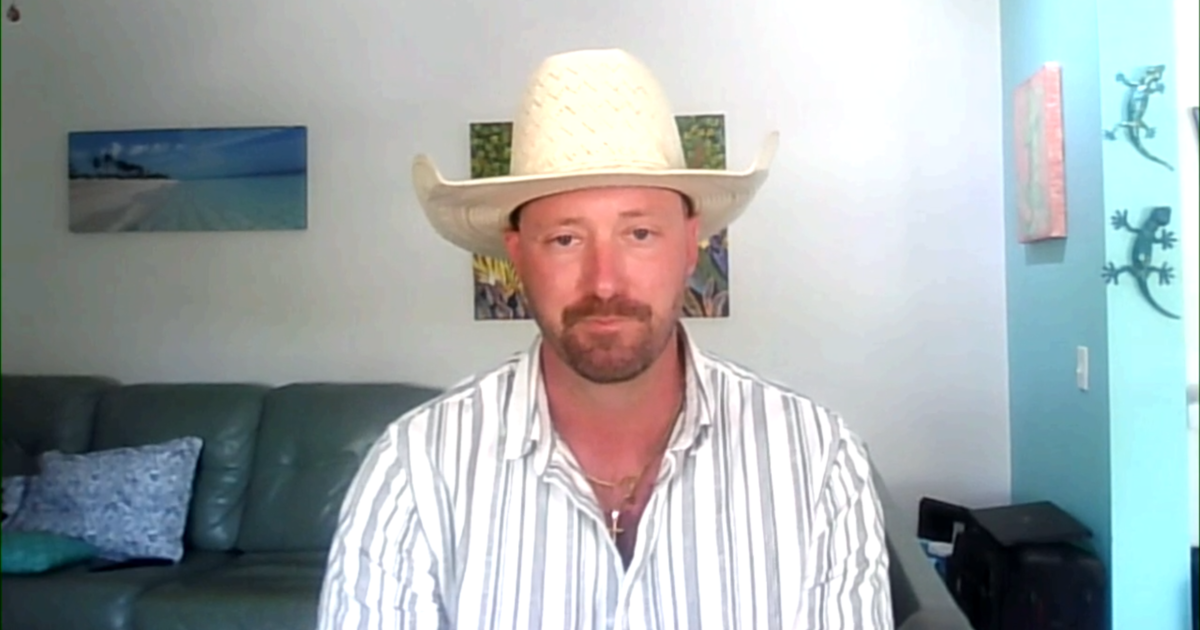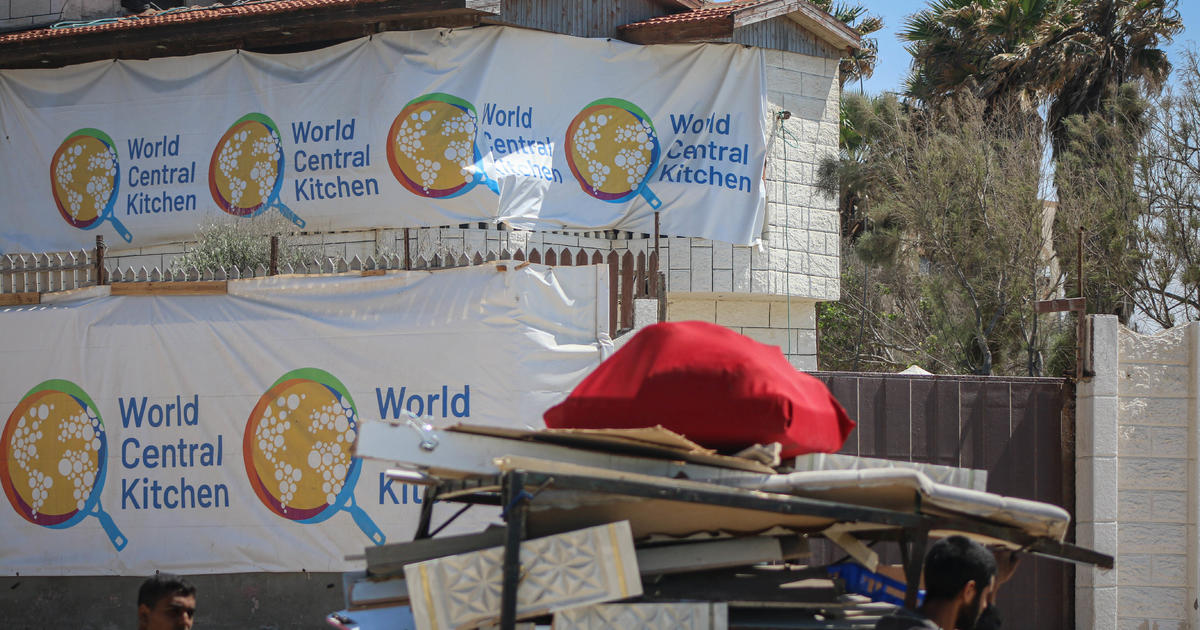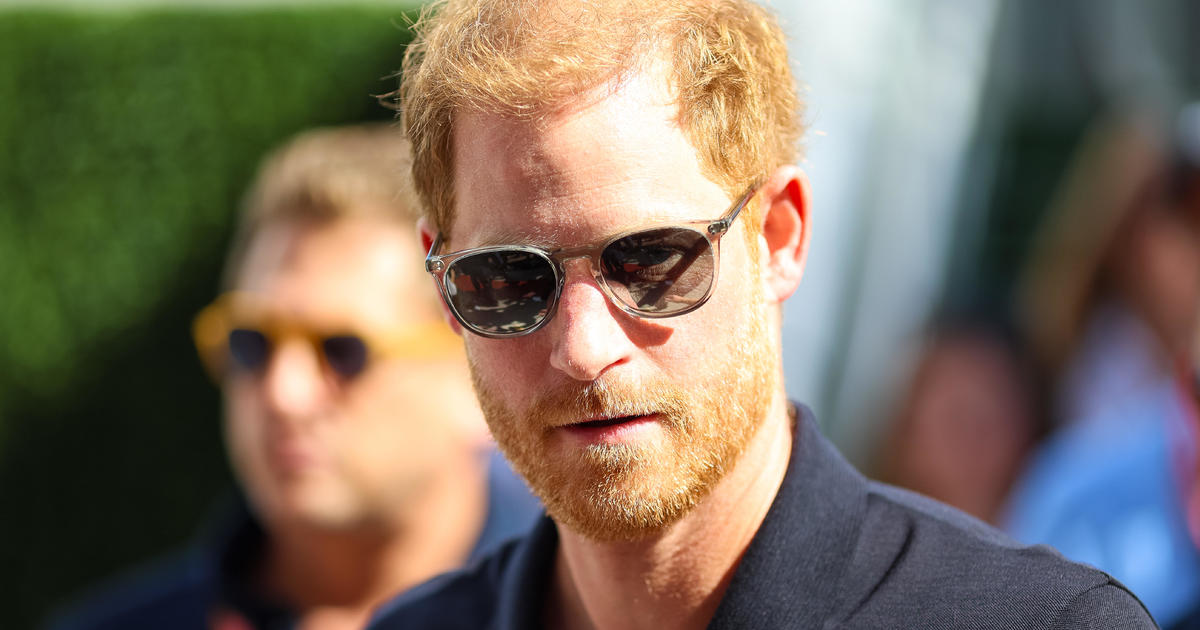Iranian cancer researcher detained in Boston airport sent back to Iran
BOSTON -- An Iranian cancer researcher who was detained at Boston's Logan International Airport has been sent back to his home country.
U.S. Customs and Border Patrol spokeswoman Stephanie Malin said Mohsen Dehnavi and his family were put on a return flight shortly after 9 p.m. Tuesday.
Dehnavi was arriving in the U.S. to start work at a prominent Boston hospital.
Boston Children's Hospital said in a statement earlier Tuesday that Dehnavi was prevented from entering the country with his wife and three young children despite holding a J-1 visa for visiting scholars. They arrived at the airport Monday.
The hospital said the reasons for the detention were unclear.
"Boston Children's hopes that this situation will be quickly resolved and Dr. Dehnavi and his family will be released and allowed to enter the U.S.," hospital spokesman Rob Graham said in the statement. "The hospital is committed to doing its utmost to support Dr. Dehnavi and his family."
Malin said the Dehnavis family's detention was for "reasons unrelated" to President Trump's executive order on travelers from six predominantly Muslim countries. She said the stop was based on information discovered during the agency's review. She didn't elaborate.
But Malin noted that visa applicants "bear the burden of proof" to meet all requirements and can be denied entry for a range of reasons, including health-related issues, criminality or security concerns.
The Boston Globe reports that, "Mohammad Rashidian, a Boston Children's Hospital researcher and friend of Dehnavi's, told STAT, a publication owned by Boston Globe Media Partners, that airport officials told him that the family would need to complete additional paperwork in Iran."
STAT quotes Rashidian as saying, "I don't really know what the source of the problem is." He told STAT he was supposed to pick the family up from the airport Monday afternoon.
According to STAT, Dehnavi texted Rashidian to he and his family had arrived and were waiting in line to have their visas checked. Rashidian hasn't heard from them since. "They were so worried," he said.
The Supreme Court recently ruled the Trump administration could largely enforce its temporary ban on travelers from Iran, Libya, Somalia, Sudan, Syria and Yemen. But the court said the ban can't block people with a "credible claim of a bona fide relationship with a person or entity in the United States."
Some advocacy groups, including the American Civil Liberties Union and the National Iranian American Council, suggested the detention might be a violation of the Supreme Court order.
At the very least, the incident shows how the administration's political priorities are leading to "overzealous enforcement" of immigration laws, said Gregory Romanovsky, chair of the New England chapter of the American Immigration Lawyer's Association.
"Exercising discretion is not what they're comfortable doing anymore, especially if they're dealing with someone from one of the six banned countries," he said of local customs officials. "The travel ban and the whole anti-immigrant mood coming from the very top of this administration certainly affects their ability."
Boston Mayor Marty Walsh, a Democrat, told reporters he was waiting to hear more about the Dehnavis' circumstances, but also suggested the case was an example of concerns with the travel ban.
"Many people, doctors and nurses and people who are students working in the world-class institutions that we have are going to be boxed out or left out of the country," he said.



